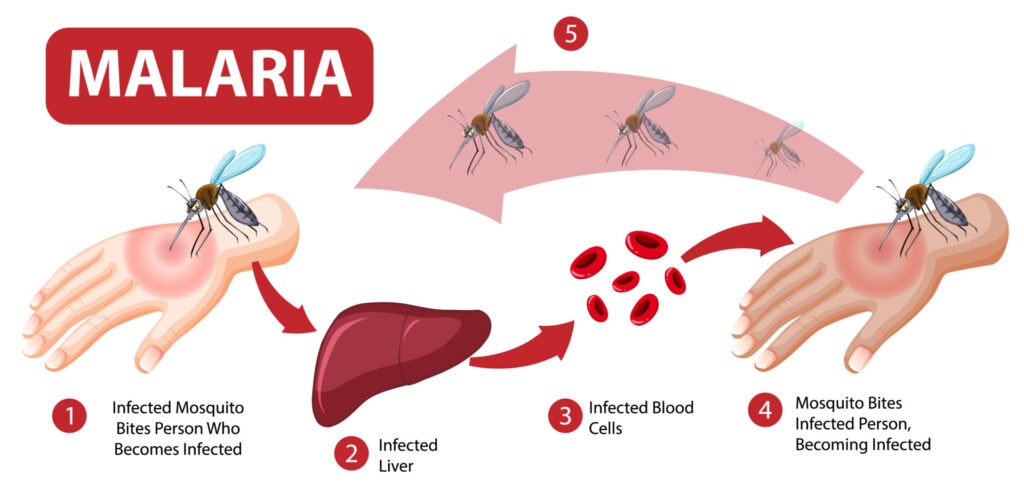A Tiny Genetic Change Could Stop Malaria Transmission

A groundbreaking study has shown that a single, microscopic genetic edit in mosquitoes could dramatically reduce their ability to transmit malaria. Scientists used CRISPR technology to alter just one amino acid in a gene called FREP1, which plays a crucial role in allowing malaria parasites to travel from a mosquito’s gut to its salivary glands — the final step before infecting a human.
This subtle genetic tweak reduced the number of malaria parasites in the mosquitoes’ salivary glands by 90%. When paired with a gene drive, which ensures the modified trait is passed to nearly all offspring, the mutation quickly spread through lab populations.
This approach doesn’t aim to kill mosquitoes or introduce entirely foreign genes. Instead, it blocks the parasite's journey inside the mosquito’s body — meaning the insects survive but cannot spread the disease.
Malaria still infects 263 million people annually and causes over 600,000 deaths. While this strategy is still years away from real-world testing, it offers new hope in the global effort to control mosquito-borne diseases.
However, scientists caution that gene drives carry ecological risks and require thoughtful deployment with community support and thorough review.
